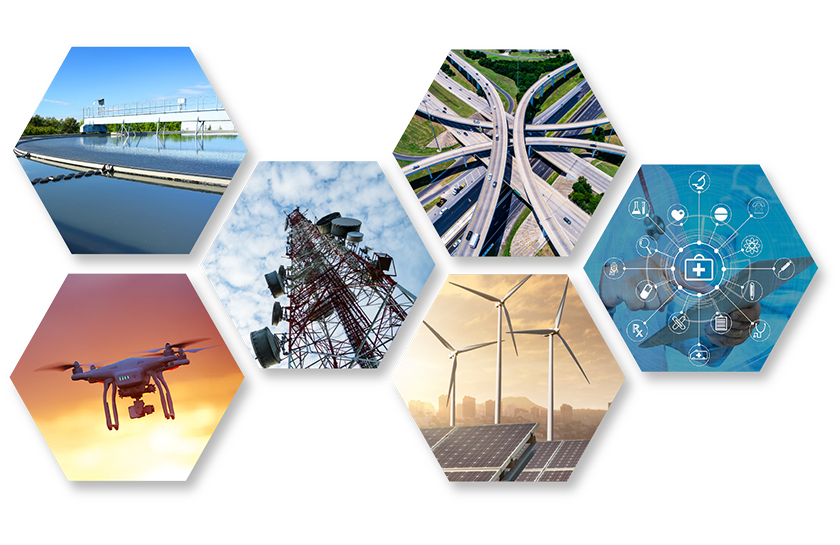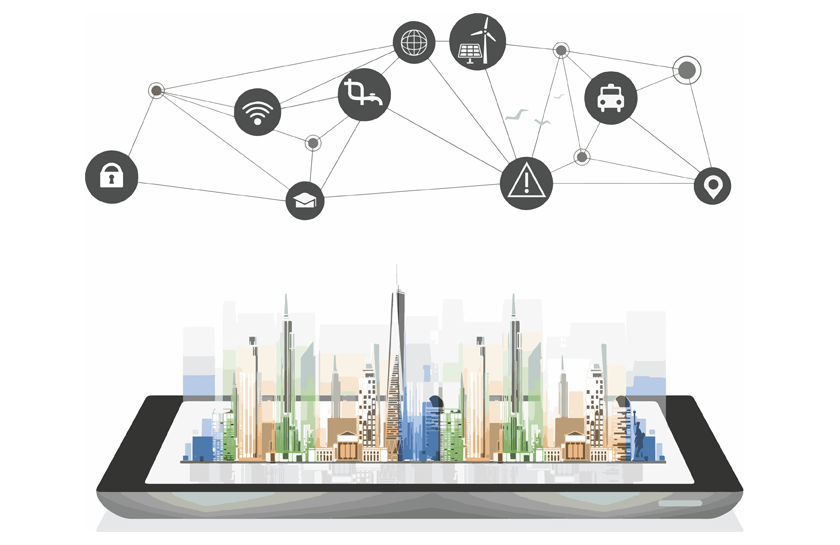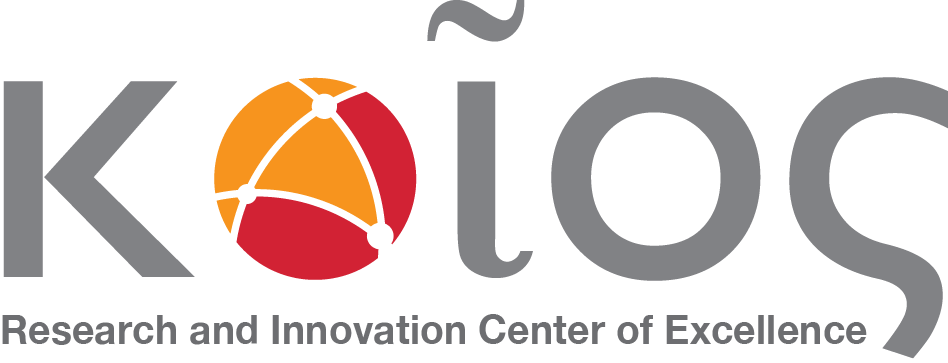Research

Research Areas
Research Priorities
The KIOS Center of Excellence (KIOS CoE) provides an inspiring environment for carrying out top level research in the area of Information and Communication Technologies (ICT) with emphasis on the Monitoring, Control, Security and Management of Critical Infrastructures, which include large-scale, complex systems such as power and energy systems, water networks, transportation networks, telecommunication networks, healthcare systems and emergency management and response systems
The KIOS CoE research priorities are the development of advanced engineering and management tools that can improve the operation, efficiency, reliability, safety and security of critical infrastructure systems. Furthermore, KIOS CoE aims at contributing to the advancement of scientific knowledge in the areas of computational intelligence, intelligent control and intelligent networked embedded system design, and utilizing these methodologies in the developed tools.
Research in high - tech areas important to Cyprus and the global economy
The KIOS CoE strongly encourages interdisciplinary interaction and promotes collaboration between industry, academia and research organizations in high-tech areas of global importance. Recognizing that research in intelligent (network embedded) systems requires multidisciplinary expertise, the Center brings together researchers specializing in a wide range of fundamental areas, such as systems and control, distributed systems and algorithms, graph theory and optimization, computational intelligence, fault diagnosis and fault tolerance, as well as simulation and hardware tools (e.g., sensor networks and embedded systems) in an attempt to provide holistic and viable solutions for a variety of critical systems.
Working in close collaboration with operators and end-users of CIS, researchers in the Centre have the opportunity to develop a solid understanding of the practical problems encountered in the field, as well as a wealth of available data gathered from different critical infrastructures. This allows them to address problems of practical importance, to implement the solutions on real systems, and to get feedback from experienced end-users. The intelligent system approaches developed at KIOS can apply to a wide spectrum of applications. Currently, the emphasis of the applications are on electric power and sustainable energy systems, telecommunication networks, water distribution networks, intelligent transportation systems, and systems for emergency management and response.

Research Challenges
Critical infrastructures are defined as an asset or system, which is essential for the maintenance of vital societal functions. The principal examples are electric power systems, water distribution networks, telecommunication networks, transportation systems, as well as systems for emergency management and response.
Critical infrastructures provide the foundation on which communities are built and, when properly functioning, they enable economic growth and social well-being. Without these, other basic infrastructures (e.g., banking, hospitals, schools, tourism, etc.) cannot operate as intended.
As urbanisation increases, critical infrastructures worldwide are expanding (often building on existing infrastructure) and are becoming more complex, necessitating greater efficiency and improved capabilities in order to sustain their effective operation.
Equipment failures are also occurring more frequently as large segments and components of critical infrastructures become old and outdated. Such failures can lead to serious degradation in performance or, even worse, to cascading overall system failure and breakdown.
The safety and security of critical infrastructure systems against malicious attacks and natural disasters are also crucial issues for citizens, businesses and governments who expect that these infrastructures will be protected, providing uninterrupted service 24/7 and under any circumstances.
Unexpected events will always occur (accidents, earthquakes etc.) which will create emergency conditions requiring immediate response to prevent fatalities and limit damages.
Some of the key challenges that are central to the KIOS CoE research activities include the following:
- Intelligent monitoring of critical infrastructure systems including sensor data acquisition, data processing and multi-source data fusion
- Architectures for cyber-physical systems and/or Internet of Things (IoT) for monitoring and control of critical infrastructures
- Real time data processing for control and optimization of critical infrastructures
- Data validation, fault diagnosis and fault tolerant control of critical infrastructures
- Data visualization and development of decision support tools for human in the loop control and optimization of critical infrastructure systems
- Impact of critical infrastructure operation and/or malfunction on the economy, environment and society
- Cybersecurity in the context of monitoring and control of critical infrastructures
- Enabling technologies for emergency management and response
- Modeling and simulation of critical infrastructure systems
- Reliability, fault tolerance and security at all system levels of critical infrastructures
- Design, integration, validation & test of software and hardware components to be included in critical infrastructure testbeds
